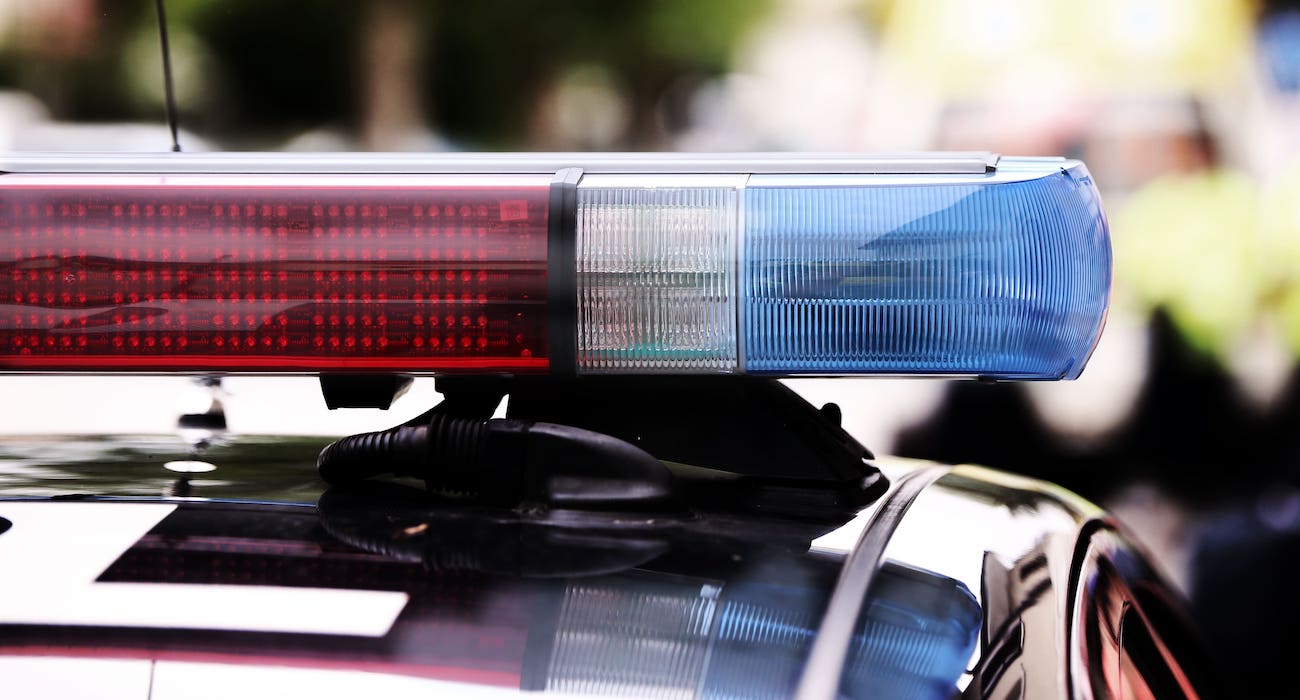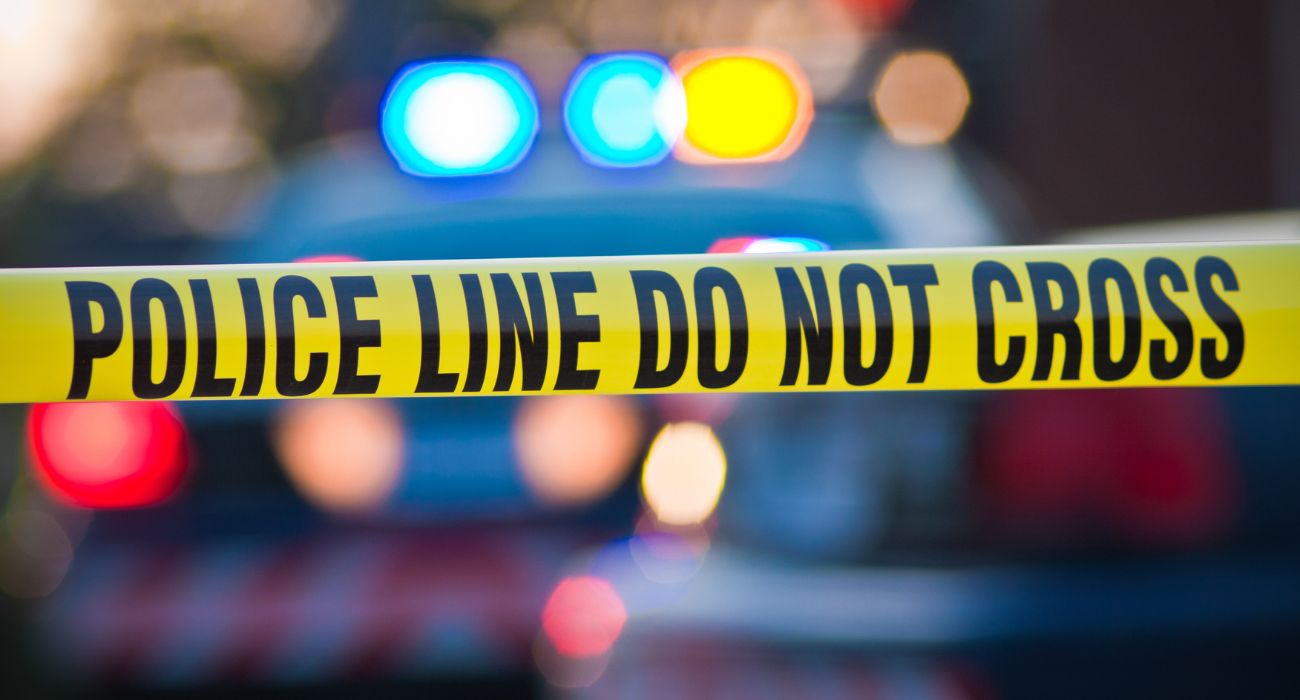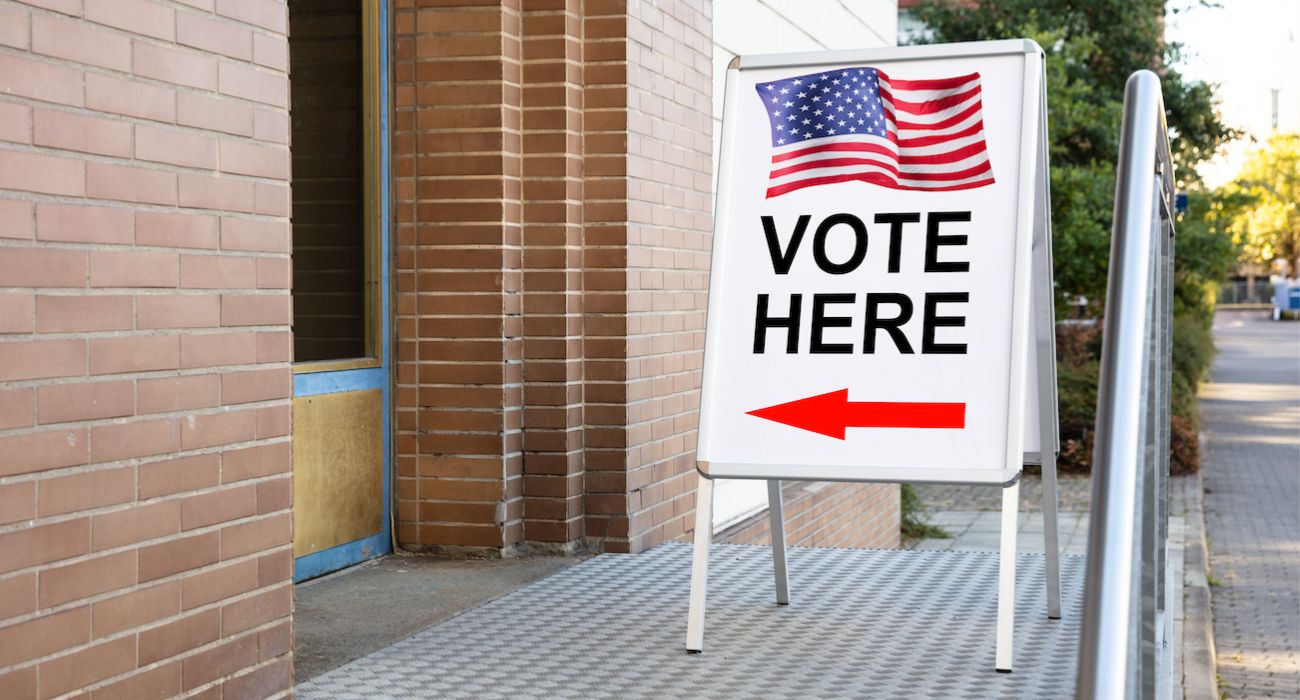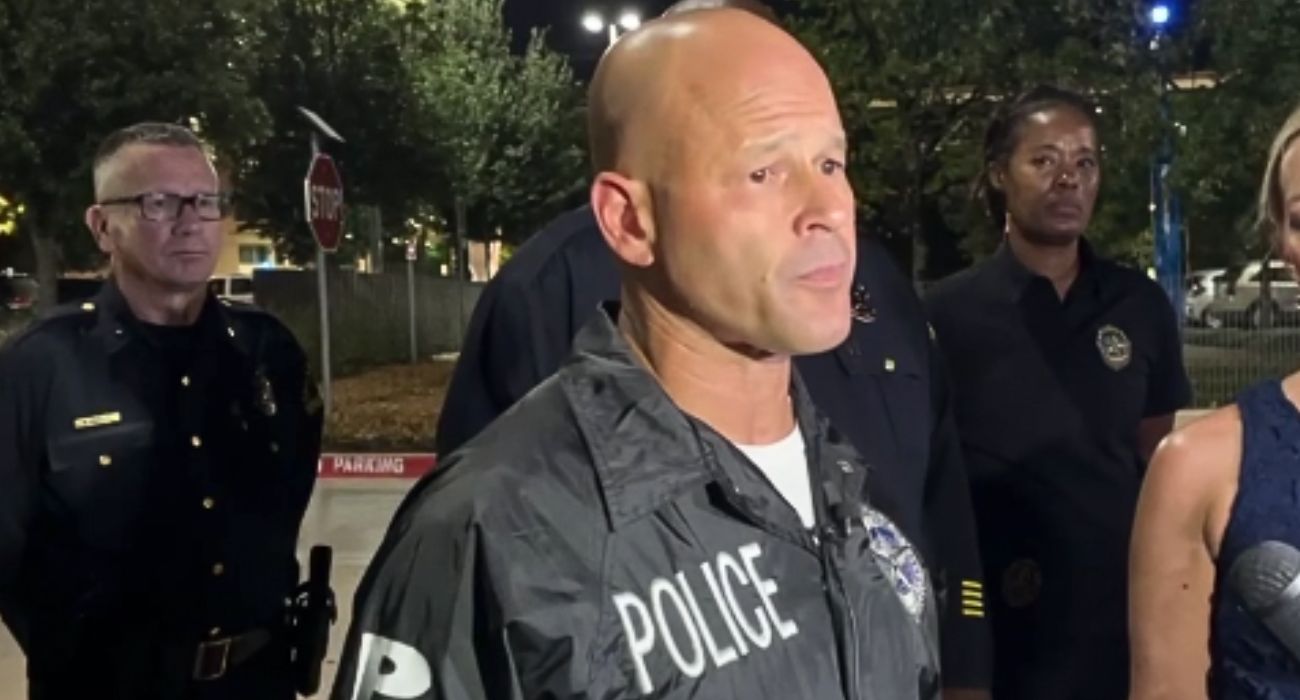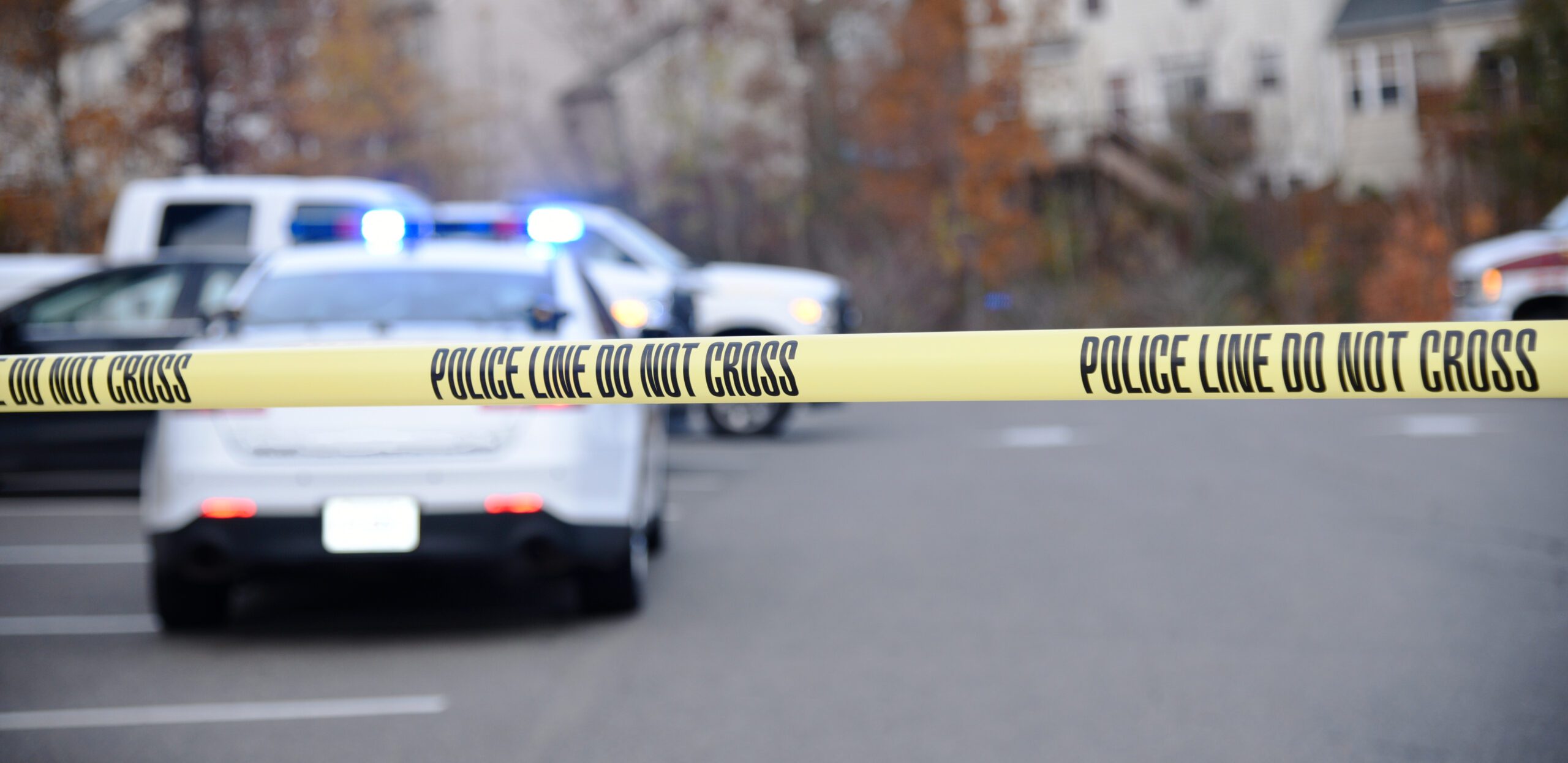Dallas residents are reportedly enduring some of the longest police response times in recent years amidst a significant police staffing shortage.
The Dallas Police Department (DPD) only has around 3,100 sworn officers working for the department — far fewer than the 4,000 recommended by a City analysis that concluded Dallas needs roughly three officers for every 1,000 residents.
“We’re constantly trying to improve [response times],” said Robert Uribe, DPD’s 911 communications technology administrator, speaking with the Dallas Observer. “At this junction, obviously we have a couple of challenges.”
In addition to the police shortage, an increase in high-priority calls is squeezing resources further.
“Whenever we get a priority 1 call, as an example, because of the intensity of the event, it requires several more officers to be tied up for a much longer time,” Uribe told the Dallas Observer.
As previously reported by The Dallas Express, the City’s police response time data is organized around priority designations 1-4, which dispatchers use to inform police of the severity of a given call. P1 calls are for serious emergencies, like a mass shooting. P4 calls signify “non-critical” incidents, like a car burglary.
Response time averages for the first four months of 2023 paint a grim picture of public safety in Dallas. During those four months, the average time it took for police to respond to a call about random gunfire was more than five hours. Year over year, that figure had shot up by almost 100%, with the same call averaging a response time of 161.6 minutes in the first four months of 2022.
The shortage has also prompted DPD to institute a new online reporting requirement for certain categories of crime deemed “non-emergency,” as previously reported by The Dallas Express.
“Nationwide, we’re seeing issues throughout the law enforcement community that are very similar,” Uribe said to the Dallas Observer. “Other places have instituted some similar nonemergency reporting procedures, especially some of these major cities. Chicago, LA, are all having to rethink how they’re responding to some of these non-emergency calls so they can focus on their high-priority calls.”
As of July 28, there have been 151 murders committed within Dallas city limits, marking an increase of nearly 10% year over year, according to a report by DPD.
Crime has been on the rise in parts of the city, especially in Downtown Dallas. Nearby cities like Fort Worth have deployed dedicated crime units in certain areas. Fort Worth’s downtown area has reportedly been logging much lower rates of crime compared to Downtown Dallas.

